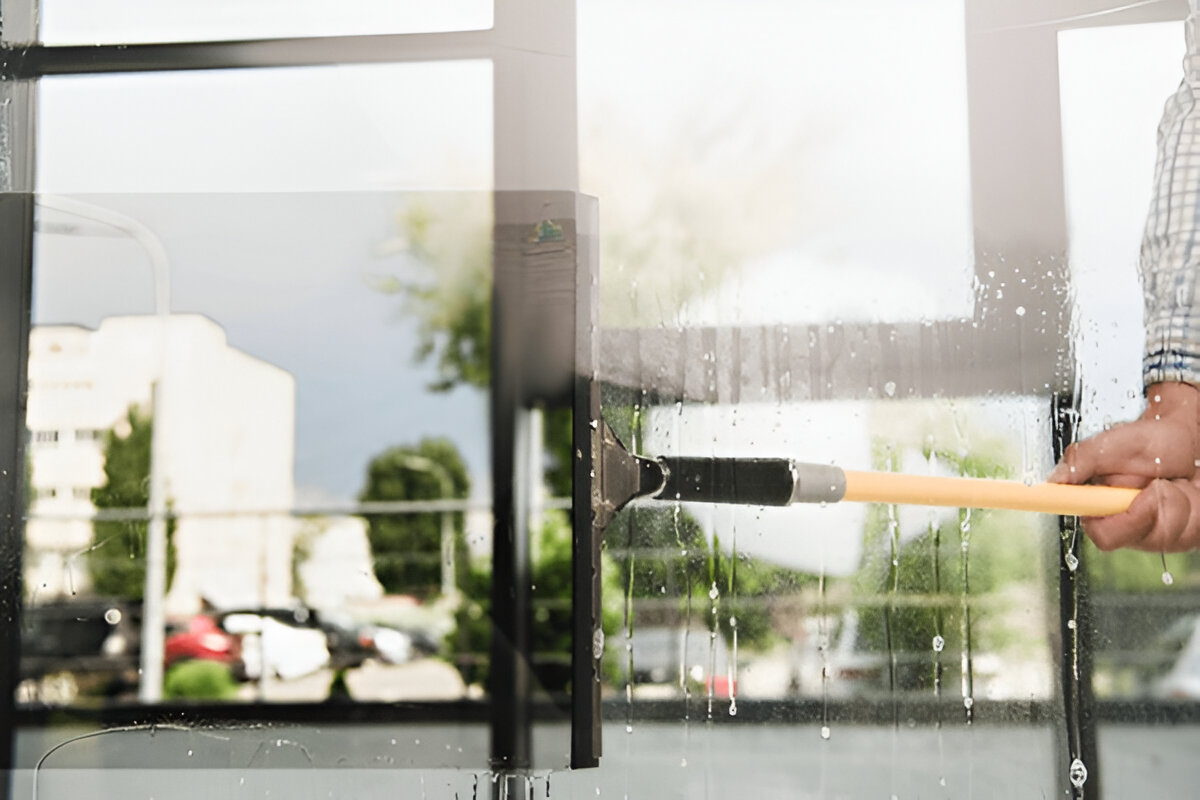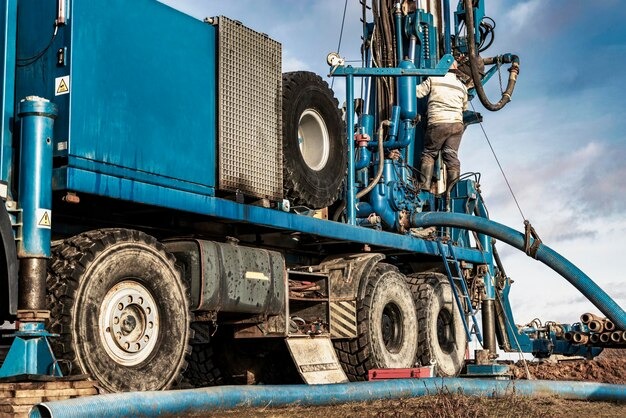Why RoHS Certification Is Your Fast Track to Success in Automotive and Aerospace

Running an automotive or aerospace company is like piloting a high-speed jet—every part needs to be perfect, or you’re grounded. In these industries, trust and precision are everything, and RoHS certification is your ticket to proving you’re playing by the rules. It’s not just about dodging hazardous substances; it’s about winning contracts, building trust, and staying ahead in a cutthroat market. For automotive and aerospace companies, RoHS certification is a game-changer that screams reliability. So, why should you care, and how can it fuel your growth? Let’s break it down with some straight talk and real-world insights.
What’s RoHS Certification, Anyway?
RoHS stands for Restriction of Hazardous Substances, a directive born in the EU to limit dangerous materials like lead, mercury, and cadmium in electronics and components. RoHS certification proves your products—whether car sensors or aircraft wiring—meet these strict standards. It’s like a seal of approval that says your parts are safe, compliant, and ready for global markets.
Why does this matter? Automotive and aerospace industries are under a microscope. Regulators, clients, and consumers demand products that are safe for people and the planet. RoHS certification shows you’re not cutting corners, making it easier to land deals with big players like Boeing or Ford who won’t touch non-compliant suppliers.
The Stakes Are Sky-High
Let’s be real: the automotive and aerospace sectors don’t mess around. One faulty component can lead to recalls, lawsuits, or worse—safety risks that could ground planes or crash cars. Non-compliance with RoHS can freeze you out of markets like the EU, where regulations are ironclad. And in a world where sustainability is king, clients want partners who prioritize safety and environmental responsibility.
RoHS certification is your shield. It ensures your materials are free of banned substances, reducing risks and keeping you in the game. It’s like checking your parachute before a jump—you don’t skimp on safety when lives are on the line. Plus, it signals to clients that you’re a reliable partner in a high-stakes industry.
- Market access: RoHS certification opens doors to global markets, especially in Europe.
- Client confidence: Big manufacturers trust certified suppliers to deliver safe, compliant parts.
- Risk reduction: Avoid costly recalls or fines by meeting strict regulations.
How Do You Get Certified?
Getting RoHS certification isn’t a quick fix, but it’s not rocket science either. It’s like tuning an engine—methodical, but doable with the right approach. Here’s the rundown:
- Audit your materials: Check every component—wires, coatings, electronics—for restricted substances like lead or hexavalent chromium.
- Build a compliance system: Create processes to ensure your supply chain and production stay RoHS-compliant.
- Test your products: Work with labs like Intertek or SGS to verify your components meet RoHS standards.
- Document everything: Keep records to prove compliance during audits or client reviews.
Sounds like a lot, right? It can be. But I’ve seen companies nail certificazione rohs and come out stronger. One automotive supplier I know caught a non-compliant solder in their supply chain during their RoHS prep. Switching to a safer alternative not only got them certified but also improved their product reliability. That’s the kind of win that keeps you ahead.
The Emotional Boost: Confidence in Your Craft
Let’s get personal for a second. Running an automotive or aerospace company is intense—tight deadlines, high expectations, and the constant pressure to deliver perfection. RoHS certification brings a sense of calm. You know your products meet global standards. Your team feels proud of their work. And your clients trust you to deliver components that won’t fail them.
There’s something powerful about that. It’s like knowing your plane’s ready for takeoff with every system checked and cleared. For automotive and aerospace companies, RoHS certification isn’t just about compliance—it’s about the pride of building something safe and reliable.
A Quick Side Trip: Why RoHS Is More Than Just Regulations
Here’s a thought: RoHS certification isn’t just about dodging banned substances—it’s about building a reputation for responsibility. Consumers and clients in automotive and aerospace care about sustainability. They want cars and planes that don’t harm the environment. Certified components show you’re part of the solution, not the problem. It’s like driving a hybrid instead of a gas-guzzler—small choices add up to a big impact.
This matters more than ever. Big names like Tesla or Airbus are pushing for greener supply chains, and they want suppliers who align with that vision. RoHS certification positions you as a partner they can count on.
The Cost vs. Reward Reality Check
I’ll level with you—pursuing RoHS certification costs money. Material testing, process changes, and maybe a consultant to guide you aren’t cheap. Some companies think, “We’re fine without it, aren’t we?” Maybe for now. But the cost of non-compliance is steeper—think lost contracts, hefty fines, or recalls that tank your reputation.
Compare that to the payoff. An aerospace supplier I know secured a multi-year deal with a major OEM after getting RoHS certification. The client wouldn’t even consider non-certified suppliers. That contract paid for the certification process and then some. It’s not just about avoiding trouble; it’s about seizing opportunities in a competitive market.
How RoHS Certification Sharpens Your Operations
Here’s a bonus: RoHS certification doesn’t just keep you compliant—it makes your business leaner. It’s like upgrading your factory with smarter tools. You’ll audit your supply chain, spot inefficiencies, and streamline processes. One automotive parts manufacturer I worked with cut production waste by 10% after revamping their sourcing for RoHS compliance. That’s not just green—it’s profit.
It also builds a culture of precision. Your team starts thinking about quality and compliance every day, not just during audits. For automotive and aerospace companies, where precision is non-negotiable, that’s a massive win.
What If You Skip It?
Let’s flip the script. What happens if you don’t bother with RoHS certification? You might skate by for a while, especially in less-regulated markets. But you’re playing with fire. Non-compliant parts can lead to rejected shipments, lost clients, or regulatory penalties. And in industries like automotive and aerospace, where trust is everything, being uncertified can make you look like the weak link.
You know what’s worse than the certification grind? Losing a major contract because a competitor had their RoHS paperwork in order. RoHS certification isn’t just about meeting rules—it’s about proving you’re a reliable player in a high-stakes game.
A Seasonal Hook: Why Now’s the Time to Act
With 2026 budgets being finalized, automotive and aerospace companies are planning for big projects—new car models, aircraft designs, you name it. Clients are prioritizing suppliers who can prove compliance and sustainability. Starting the RoHS certification process now sets you up to win those contracts. Plus, fall is a great time to audit your supply chain—holiday production ramps expose weak spots, so you’ll see exactly where to focus for compliance.
Tips to Make Certification Less of a Pain
If you’re sold on RoHS certification but dreading the process, here’s how to make it smoother:
- Start small: Focus on one product line or component to get the hang of RoHS requirements.
- Engage your suppliers: Your supply chain needs to be RoHS-compliant too. Get them on board early.
- Use testing tools: Labs like UL Solutions or Eurofins can streamline material testing.
- Consider a consultant: They’re pricey, but a good one can save you time and avoid costly mistakes.
You’re not alone. Resources like the European Chemicals Agency (ECHA) or industry groups like SAE International offer guides to help automotive and aerospace companies nail RoHS certification.
A Quick Tangent: RoHS and Your Brand’s Future
Here’s something to ponder: RoHS certification isn’t just about compliance—it’s about building a brand that lasts. Clients and consumers are demanding sustainable, responsible products. A RoHS-compliant operation shows you’re forward-thinking, ready for a future where green standards are the norm. It’s like investing in electric vehicles before gas prices skyrocket—a smart move that pays off long-term.
Wrapping It Up: Your Next Steps
So, what’s the plan? For automotive and aerospace companies, RoHS certification is a must to stay competitive and compliant. Start by auditing your materials, engaging your supply chain, and contacting a testing lab or certification body like Intertek or Bureau Veritas. It’s a journey, but it’s worth it.
Here’s the deal: your components power cars, planes, and the trust of your clients. RoHS certification ensures you’re delivering safety, reliability, and sustainability with every part. So, why wait? Take the first step, get certified, and show the world you’re built for the big leagues.




